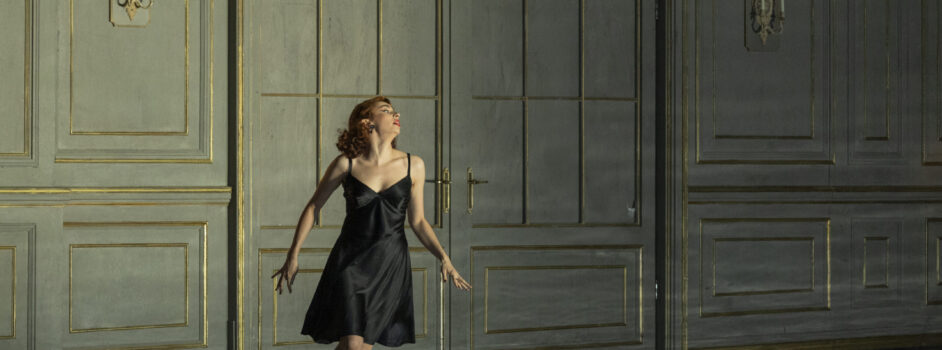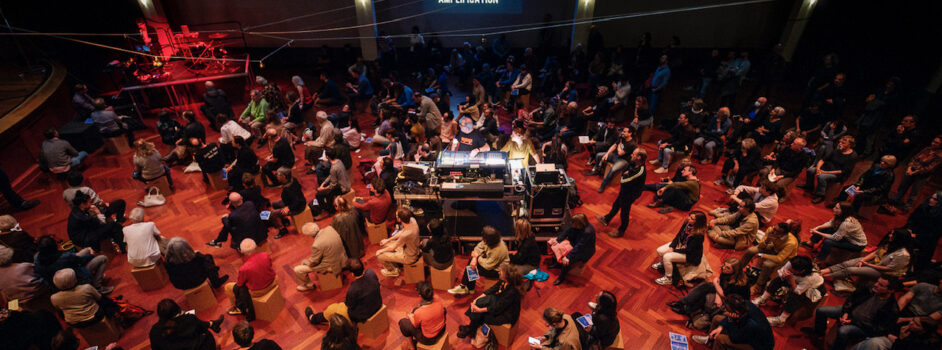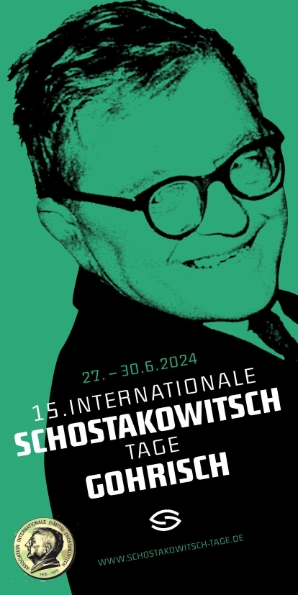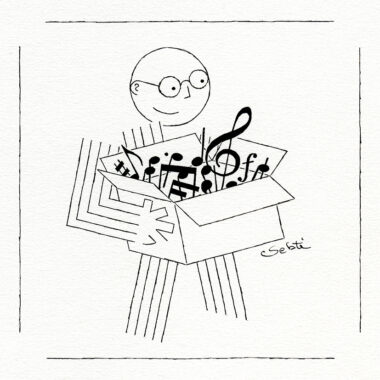Plus de détails
Alexandre Tansman (1897-1986) : Regards en arrière, itinéraire d’un musicien cosmopolite au XXe siècle. Texte édité par Cédric Segond-Genovesi avec la collaboration de Mireille Tansman Zanuttini et Marianne Tansman Martinozzi. Editions Aedam Musicae. ISBN 9 782919 046089. 39€
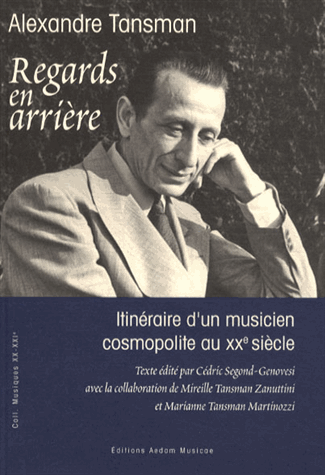 Alexandre Tansman's autobiography Regards en arrière (Looking Back) covers his life from his Polish childhood in the 1890s to his discovery of Israel at the end of the 1950s. It is a striking illustration of the deep gash that World War II left in our era, throughout society and in music as well. Both the 1920s and the 1930s appear to belong to a bygone age, whereas the scars left at the end of the Occupation in Paris are yet to heal—as if the interwar period were a hundred years ago and the postwar years only ten.
Alexandre Tansman's autobiography Regards en arrière (Looking Back) covers his life from his Polish childhood in the 1890s to his discovery of Israel at the end of the 1950s. It is a striking illustration of the deep gash that World War II left in our era, throughout society and in music as well. Both the 1920s and the 1930s appear to belong to a bygone age, whereas the scars left at the end of the Occupation in Paris are yet to heal—as if the interwar period were a hundred years ago and the postwar years only ten.
Tansman himself became successful before the war by building upon aesthetic foundations that were no longer relevent by the time he returned to France. He seems never to have quite understood how miraculous was his success compared to the conditions in which composers worked in the second half of the twentieth century. His symphonies were played on both sides of the Atlantic by some of the greatest conductors, including Koussevitzky, Mengelberg, Monteux, and Toscanini. His world tours of 1932 and 1933 were astounding, considering that they were financed only by his royalties. It was his good fortune (both artistic and financial) that allowed him to save his life by fleeing to the United States with his family: his wife Colette, the daughter of Jean Cras, and his two daughters, Mireille and Marianne.
This text was written between 1955 and 1958, and despite being unfinished, it reads like a novel. It was published for the first time this year, with incisive and discerning editorial work by Cédric Secong-Genovesi, who is always careful to provide context and to smooth things over when the composer is peremptory or biased. Tasman wrote in order to leave a trace of his fantastic journey: his career in Paris in the 1920s, his flight from occupied France, his work in Hollywood (the studios' musical amateurishness in the 1940s makes for some delicious pages), and his profound love for his wife Colette, who died young of cancer. However, he could only feel bitter when, returning to Paris, he discovered how much influence he had lost because of his American exile.
This is where the reader understands that this testimony, however fascinating, could not have been published in its own time. It tells of the frustration of a man who believes himself to be the victim of cliques and factions, and his reasoning is the exact mirror of that found among those who opposed him, people who thought that Jews such as Tansman had been unfairly on top of the music scene. The centennial retrospective of the Théâtre des Champs-Elysées, which also came out this year, is thus a perfect companion to Tansman's book. Unable to confront the reactions of the Parisian music scene to the Nazi Occupation, the authors of the theater's book and Tansman, who otherwise have nothing in common and who have written some fifty years apart, show how much the French music world has been riven by the same tensions for seventy years. The two books are strikingly complementary. Tansman looked back in 1958 but, paradoxically, he makes us see in a clearer light the inner evils that are still with us in 2013.
Maybe a good thing would be to start playing Tansman's symphonies in France again.
Plus de détails
Alexandre Tansman (1897-1986) : Regards en arrière, itinéraire d’un musicien cosmopolite au XXe siècle. Texte édité par Cédric Segond-Genovesi avec la collaboration de Mireille Tansman Zanuttini et Marianne Tansman Martinozzi. Editions Aedam Musicae. ISBN 9 782919 046089. 39€
Aedam Musicae
